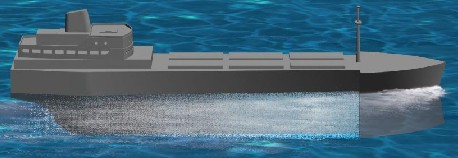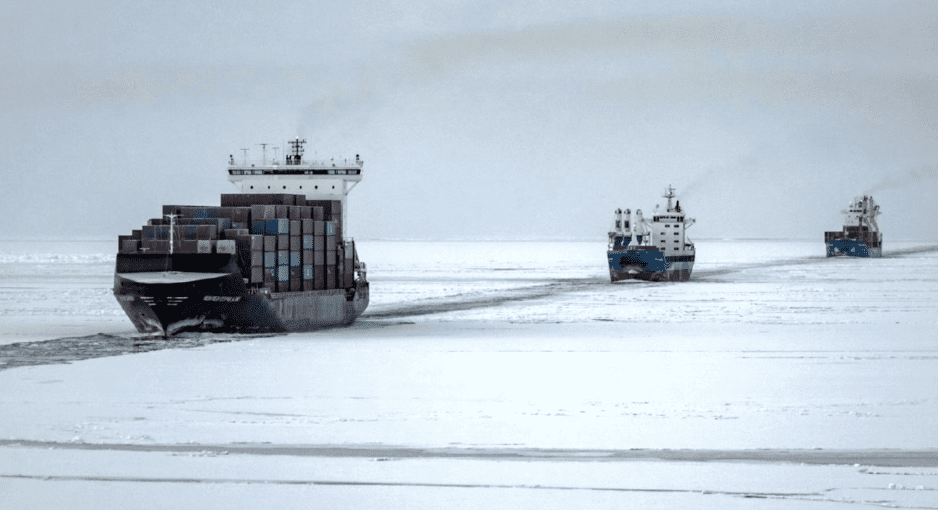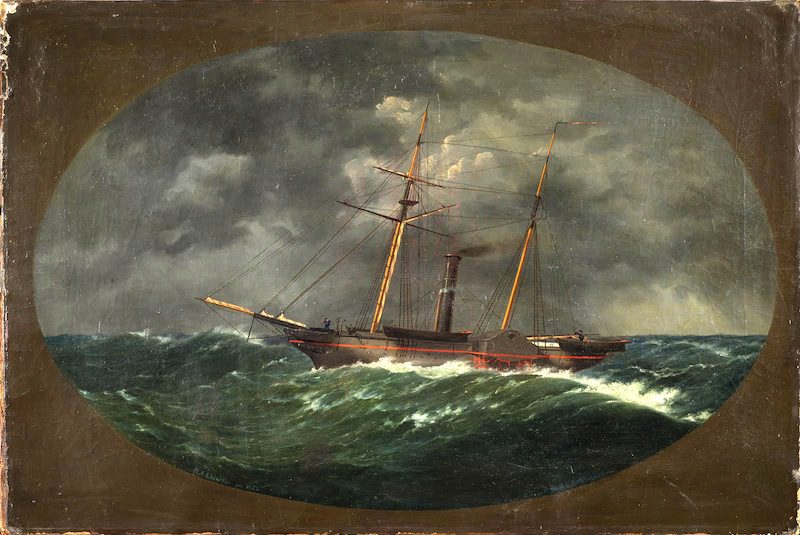 We have all heard stories about the Bermuda triangle being nothing more than natural gas discharges that create bubbles reducing the buancy of the ship. Those who haven’t can check download the mythbusters episode on sinking ships from itunes. Can we use the same principals to improve fuel efficiency and speed?
We have all heard stories about the Bermuda triangle being nothing more than natural gas discharges that create bubbles reducing the buancy of the ship. Those who haven’t can check download the mythbusters episode on sinking ships from itunes. Can we use the same principals to improve fuel efficiency and speed?
An article in the New Scientist reviews the state of the art in the technology and the obstacles that researchers are facing. For example: how do you create a blanket of bubbles around the ship but keep the propellers in undisturbed water where they can create thrust efficiently? How do you keep bubbles in place at high speeds? And can the gains from drag reduction outweigh the energy costs of creating the bubbles?
One promising solution derives from the work of Yoshiaki Kodama, director of the Advanced Maritime Transport Technology Department at Japan’s National Maritime Research Institute (NMRI) in Tokyo. Kodama’s team proposes to shoot a layer of bubbles from slots near the bow of the ship. The bubbles will travel along the hull of the ship, with enough bubbles trapped under the ship’s surfaces so that the constant replenishment is sufficient to maintain the blanket of bubbles. Treehugger
Interesting in the least.

 Join The Club
Join The Club











